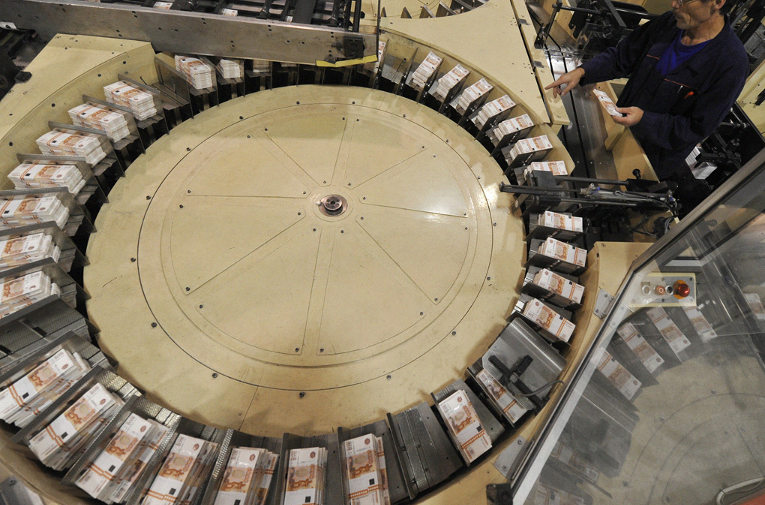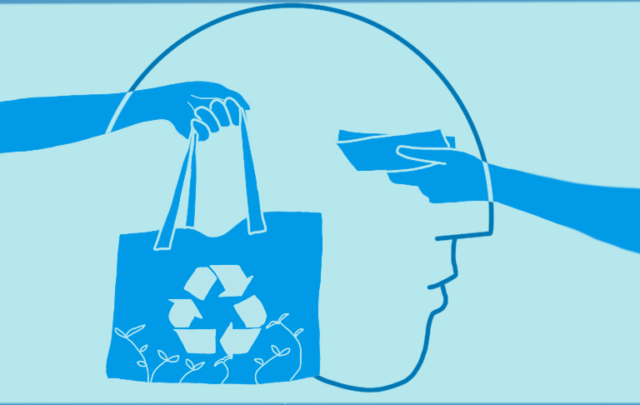Professor of Ecological Economics at the University of Vermont. His broad research interests focus on the design of economic institutions capable of balancing what is biophysically possible with what is socially, psychologically and ethically desirable. His work suggests that common ownership is required to solve many of the most serious ecological and economic predicaments we currently face. He is co-author with Herman Daly of Ecological Economics, Principles and Applications, 2nd ed. Island Press (2010), and numerous journal articles and book chapters related to the commons.
The Great Simplification: Josh Farley: “Modern Monetary Myths”
Money. What is it? Where does it come from? How is it created? How is it tethered to our biophysical balance sheet? What is on the horizon with our monetary system? How might we create and use money differently in the future during a source and sink contained system?
July 28, 2022
In Conversation: Our Economy After Fossil Fuels
As our energy sources change, our economy will likely evolve and adapt—perhaps in surprising ways.
December 19, 2016
Economics of the Anthropocene
Joshua Farley presenting at the Techno-Utopianism and the Fate of the Earth conference.
January 19, 2015
Economics and the Commons: Reform vs Revolution
Joshua Farley (USA) in Dialogue with Ugo Mattei (Italy) discuss “Natural Resource Governance: Between Revolution and Reform”.
May 31, 2013
ECONOMY: Ecological Economics
Many people would agree that the central desirable end of economic activity is a high quality of life for this and future generations. Conventional economists argue that humans are insatiable, and therefore economics should focus on endless economic growth and ever-increasing consumption. Considerable evidence, however, suggests that humans are in fact satiable-there is a point beyond which increasing consumption does not make us better off.
December 8, 2011
Economic Solutions Worth Spreading
Radical change is happening. Our goal is to guide that change in a direction that brings shared prosperity and justice for this and future generations. We must shift from an economy based on wasteful use of fossil fuels to one based on the careful stewardship of renewable energy. We must shift from an economy based on depleting our inherited trust fund of natural resources and healthy ecosystems to one based on rebuilding them.
October 21, 2011




